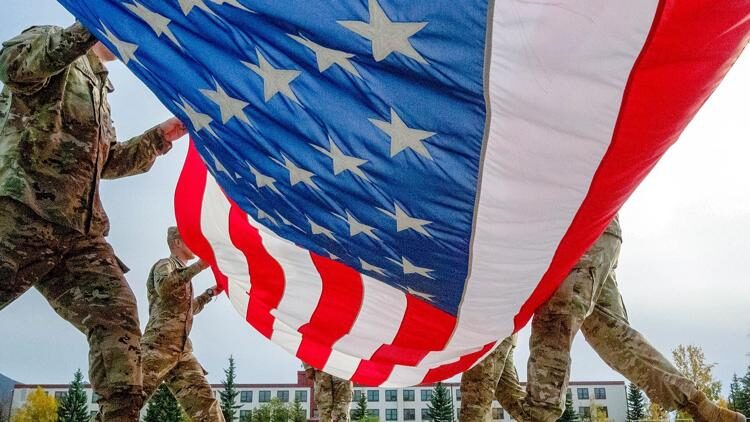In today's rapidly evolving business landscape, one concept stands out as a crucial driver of success: cultural equity. As businesses strive to adapt to a changing world and embrace diversity in all its forms, understanding and prioritizing cultural equity has become...
How The Military Supports Diversity And Inclusion
By Military Onesource
The diverse makeup of the armed forces is one of its greatest assets. When service members of different races, ethnicities, religions, sexual orientations and other identities unite for a common mission, the result is a stronger and more effective force.
As someone who cares about a service member, you may have questions about how the military ensures equal opportunity and acceptance of individual differences among all its members. The DOD has taken steps to root out bias, ensure the military reflects the nation’s diversity and promote an environment in which every member is treated with dignity and respect.
Over the coming months, there will be an effort to get input from service members – both officers and enlisted – to hear their views and concerns about diversity and inclusion in the military.
Some changes have been implemented to advance diversity and inclusion
Military leaders have been charged with making equal opportunity and inclusion a priority. Your service member may have already benefited from some recent changes, including:
- Removing photographs and references to race, ethnicity and gender from personnel files in promotion and selection processes. This eliminates the risk of bias when considering a candidate for a promotion, assignment, training, education or command.
- Enacting stronger protections against harassment and discrimination including prohibiting discrimination because of pregnancy.
- Training to detect and respond appropriately to bias – both conscious and unconscious. Service members and leaders are also receiving training on recognizing and understanding the impact of their own biases and prejudices.
- Reviewing hairstyle and grooming policies for racial bias.
- Training for commanders on guiding discussions on discrimination, prejudice and bias.
As an ongoing effort, the DOD collects and analyzes information to identify prejudice and bias, measure the effectiveness of its actions and expose areas requiring improvement.
Longer-term steps toward diversity and inclusion
Building upon the above, the Department of Defense Board on Diversity and Inclusion has recommended further steps to improve racial and ethnic diversity and broaden equal opportunity in the military. These recommendations include:
- Updating recruiting content annually to reflect the nation’s racial and ethnic makeup.
- Diversifying senior-level positions so they reflect the nation’s racial and ethnic makeup.
- Identifying and removing barriers to diversity in aptitude tests while retaining a rigorous screening process.
- Identifying and removing barriers to senior leadership for diverse candidates.
- Disclosing demographic information about promotion selection rates. This will improve transparency and reinforce the DOD’s focus on achieving equity across all grades.
- Creating a diversity and inclusion mobile app and website that will allow service members to easily connect with each other and locate resources.
- Prohibiting involvement with extremist or hate group activity.
To ensure continued progress, the DOD has established the independent Defense Advisory Committee on Diversity and Inclusion in the Armed Services. This committee will continue the work of examining any and all issues that will improve equal opportunity, diversity and inclusion in the military.
Diverse and inclusive ranks are essential to morale, force cohesion and readiness. Your service member plays an important role in maintaining an environment that values and respects individual differences.
See Original Article at The Flagship









